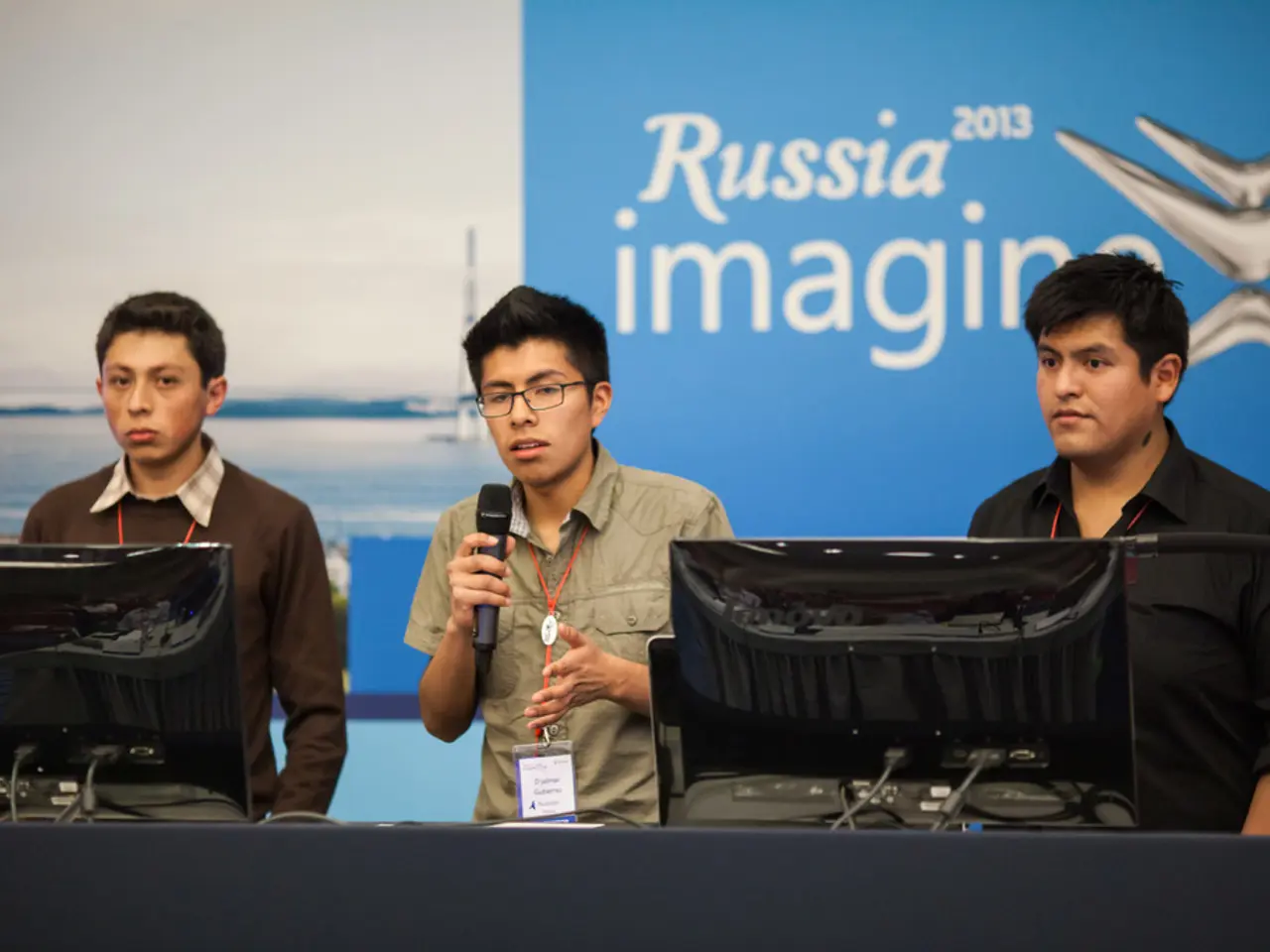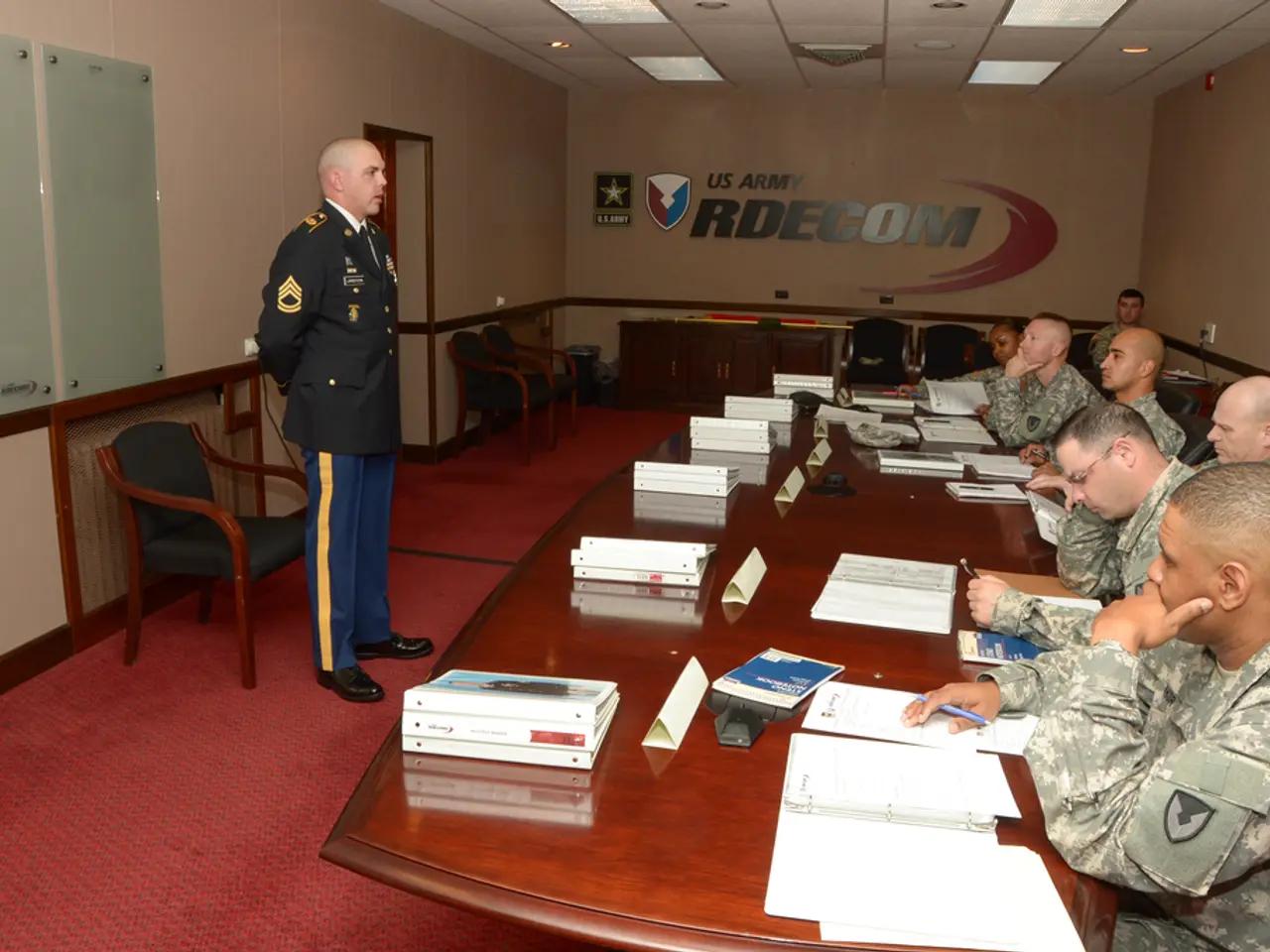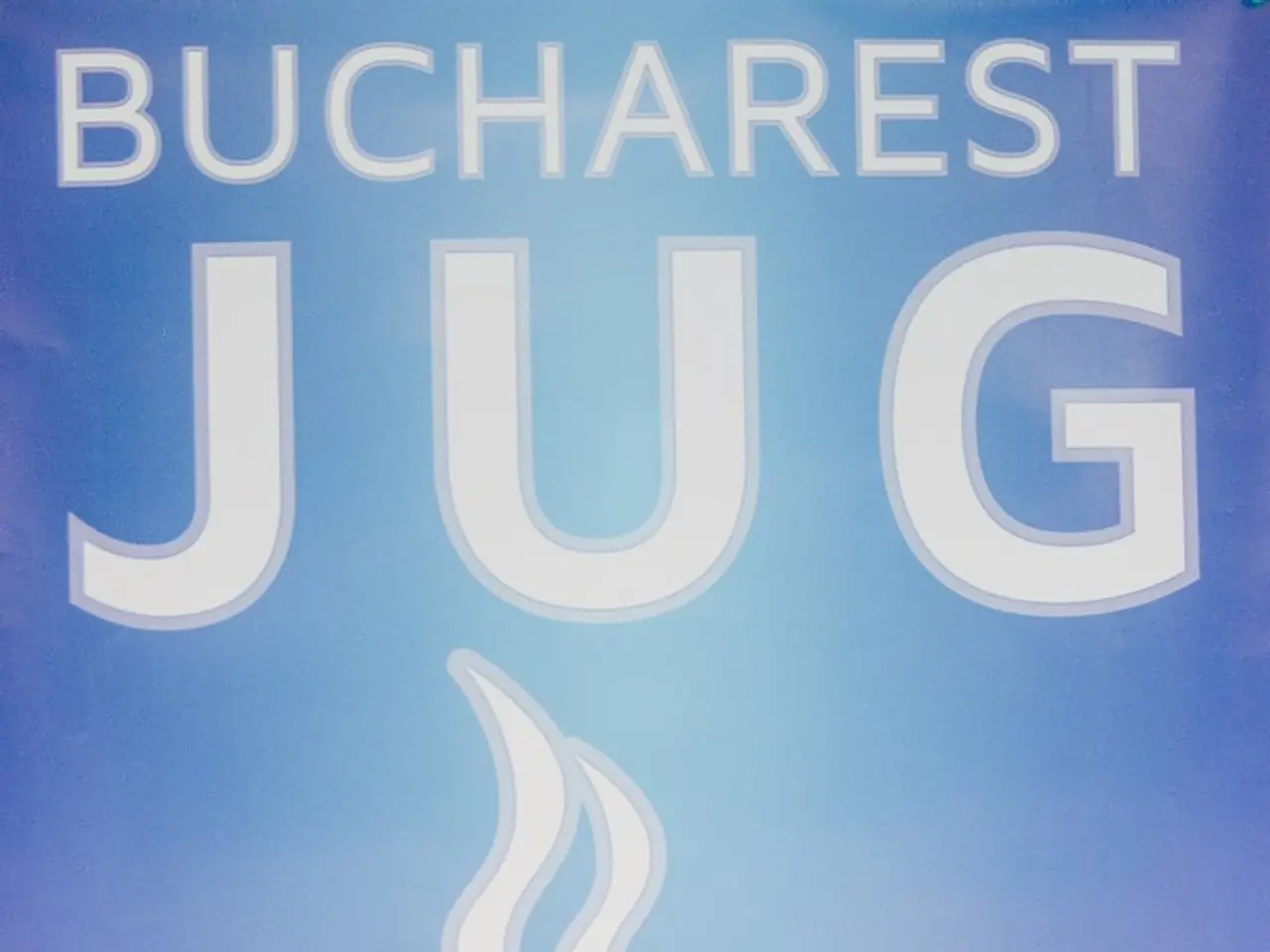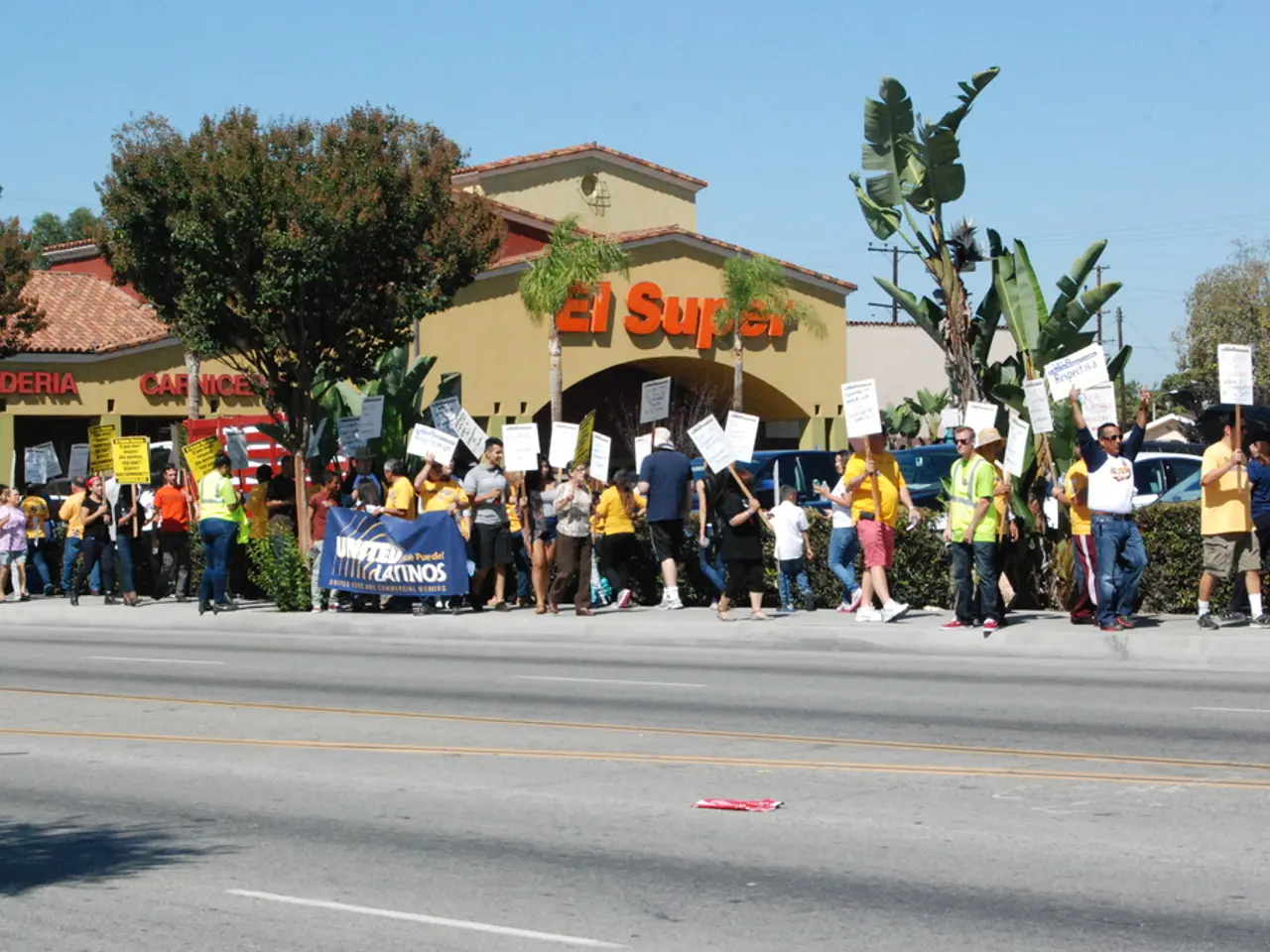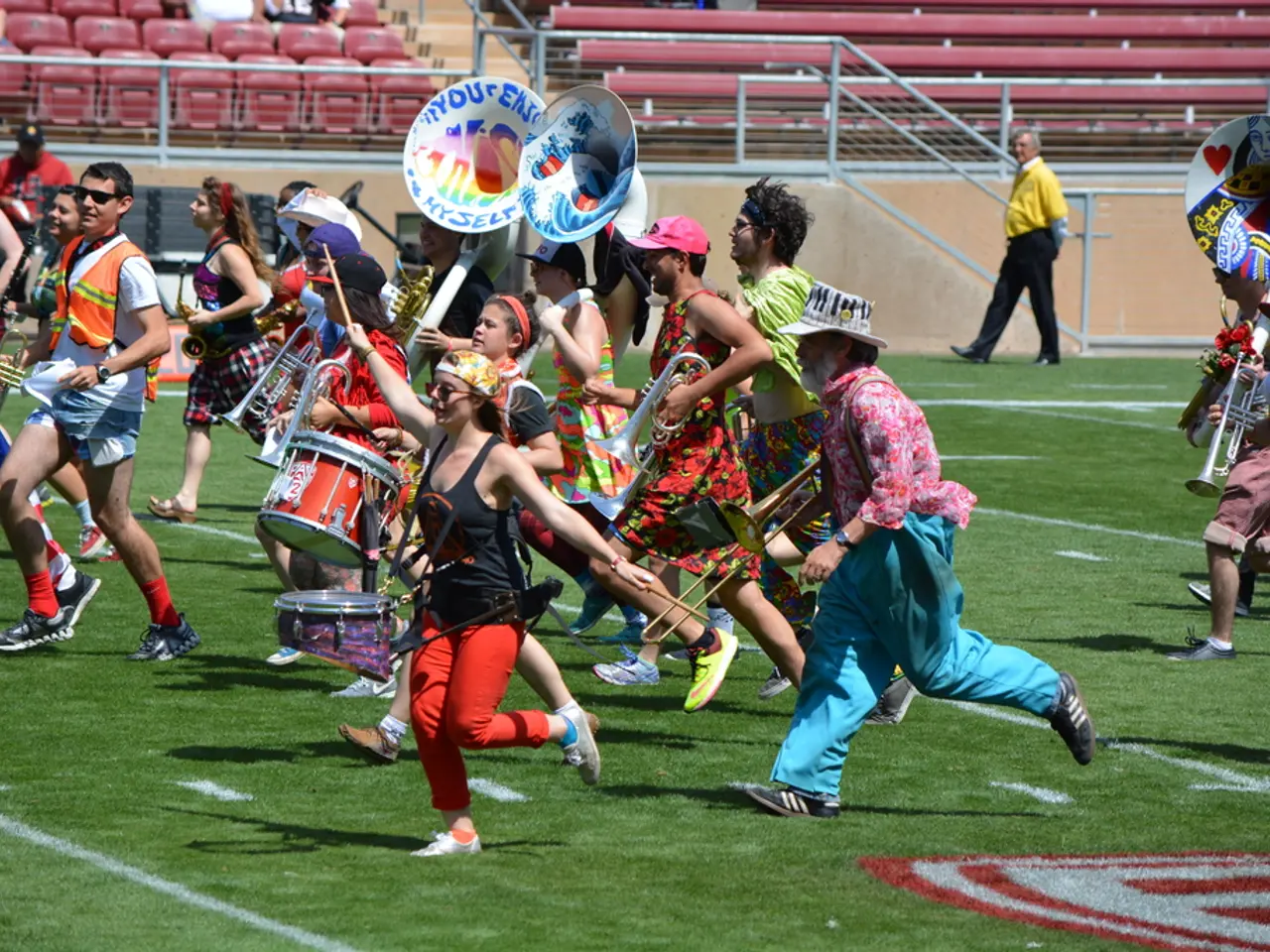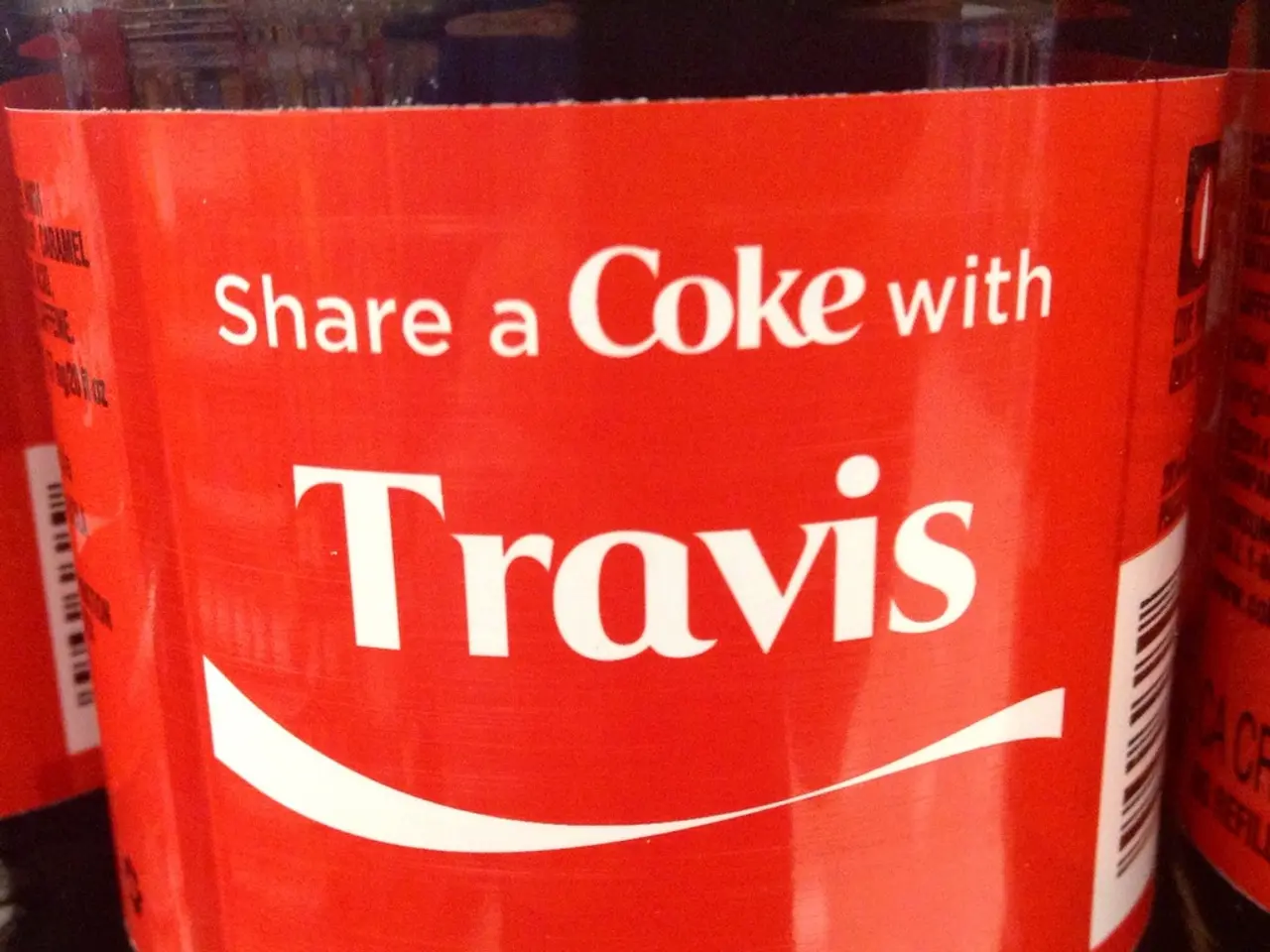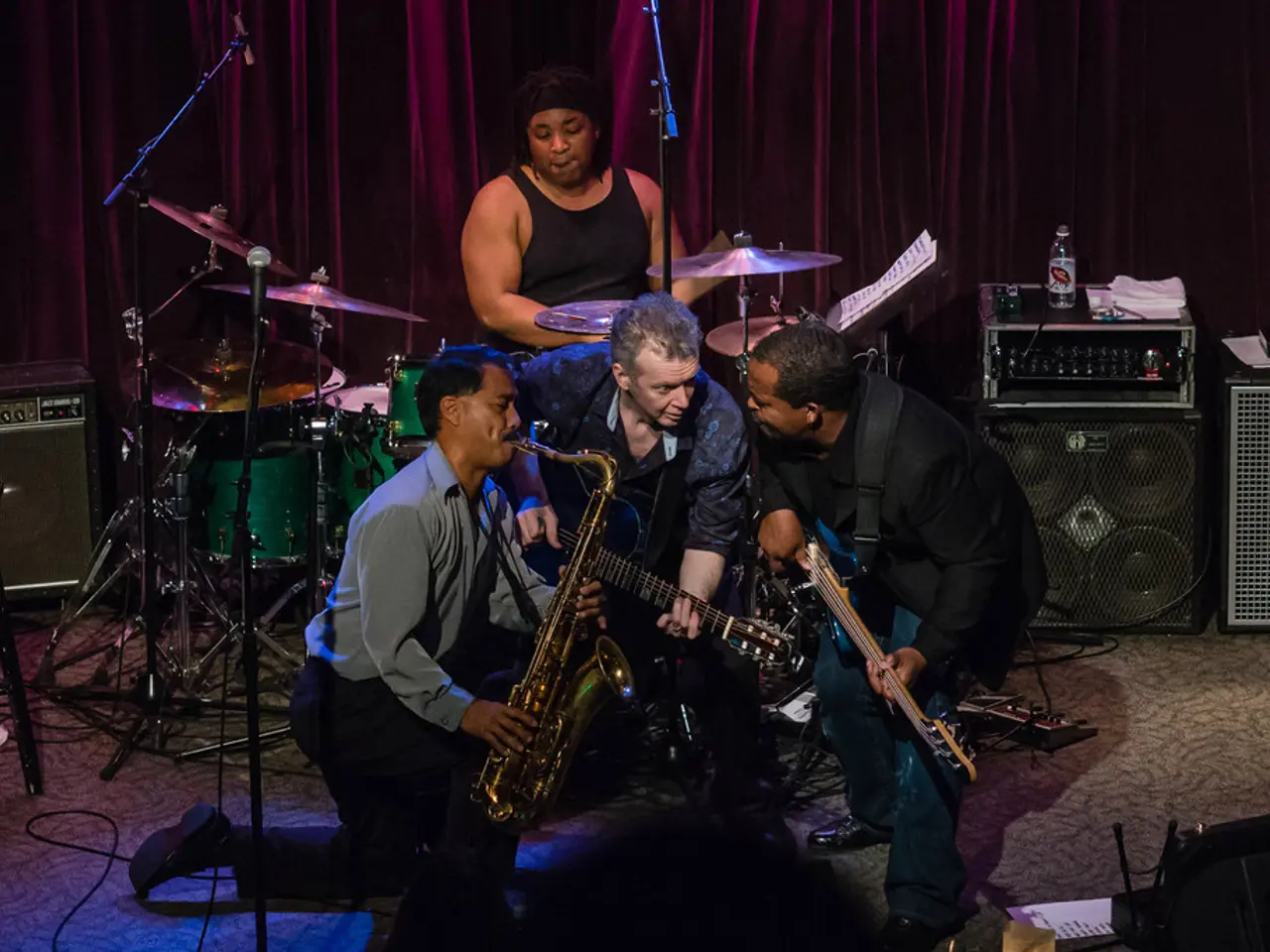Russian leader Putin reportedly has the power to compel Zelensky to resume negotiations
In the ongoing conflict between Ukraine and Russia, peace negotiations between President Volodymyr Zelenskyy and President Vladimir Putin have hit a roadblock, with little hope for a comprehensive resolution as of mid-2025. The core issues at hand are deeply rooted in fundamentally diverging demands from both sides.
**Negotiation Impasse:**
Putin's stance is centred on the belief that Russians and Ukrainians are one people, and he claims that all of Ukraine belongs to Russia. His terms for peace include formal recognition of all occupied territories as Russian, guarantees that Ukraine will not join NATO, lifting of sanctions on Russia, and an acknowledgment of Russia's territorial claims, including Crimea. Putin maintains a "theory of victory," expecting that continued military pressure and economic endurance will force Ukraine’s capitulation. He has rejected ultimatums for a ceasefire within strict deadlines, viewing such demands as unacceptable and signalling his willingness to continue the war until Russia achieves its goals[1][2][3].
On the other hand, Zelenskyy demands a full withdrawal of Russian troops from all occupied territories, return of prisoners and kidnapped Ukrainian children, prosecution of Russian leaders for war crimes, and international security guarantees to prevent future Russian aggression[1].
**Recent Diplomatic Developments:**
Early rounds of negotiations in 2022—held in Belarus, Turkey, and along the border—failed largely due to Moscow and Kyiv’s incompatible positions and events such as the Bucha massacre which hardened Ukrainian resolve and Western support. In 2025, amid shifting international politics with Donald Trump assuming the US presidency, renewed diplomatic engagement occurred. Trump issued an ultimatum for a ceasefire within 50 days backed by threats of secondary tariffs on nations doing business with Russia, but Russia officially rejected this demand as unacceptable and reiterated its commitment to continuing the campaign if diplomacy fails[1][2][3].
European leaders like British Prime Minister Keir Starmer and French President Emmanuel Macron proposed plans for a ceasefire involving a "coalition of the willing" to protect truce zones, resulting in some limited, temporary ceasefires but no lasting agreement[1].
**Outlook:**
Given Putin’s intransigent stance and the failure to find common ground on fundamental issues such as territorial sovereignty and NATO, prospects for a near-term peaceful resolution remain slim. Continuous Western military and economic support for Ukraine is seen as essential to maintain pressure on Russia to reconsider its demands. The situation on the battlefield, especially in eastern Ukraine near Kharkiv, remains active but without decisive shifts, and the conflict is likely to persist until a negotiated settlement that addresses the core security and sovereignty concerns of Ukraine can be reached[1][3].
The Washington Post previously reported that Trump urged Zelensky to increase pressure on Moscow[4]. However, no specific details about the context of Trump's warning to Zelensky were provided in the article. If offensive actions are taken by the Russian Armed Forces, they could potentially surround Kyiv. The article does not specify the current status of negotiations between Russia and Ukraine for a peaceful conflict resolution, nor does it provide any information about the potential defeat of the Ukrainian Armed Forces if Kyiv is surrounded. The article also does not mention any potential consequences for Russia if they were to surround Kyiv and defeat the Ukrainian Armed Forces, nor does it provide any information about the current state of the conflict in Ukraine. The article does not mention any specific offensive actions taken by either the Russian or Ukrainian forces.
[1] Steigan, (2025), "The Ukraine-Russia Conflict: A Stalemate in Peace Talks," Steigan. [2] The Washington Post, (2022), "Trump Urges Zelensky to Increase Pressure on Moscow," The Washington Post. [3] BBC News, (2025), "Ukraine-Russia Conflict: A Brief Overview," BBC News. [4] The Washington Post, (2022), "Trump's Call with Zelensky: A Transcript," The Washington Post.
- The ongoing political stalemate in the Ukraine-Russia conflict, centering around deeply divisive issues such as territorial sovereignty and NATO membership, has led to a general news narrative of a war-and-conflicts impasse, with President Putin's inflexible stance seemingly at odds with President Zelenskyy's policy of full withdrawal of Russian troops and prosecution for war crimes.
- As the war persists, the significance of this impasse becomes clearer in the realm of international politics, with various diplomatic maneuvers—including the recent proposal by European leaders for a coalition of the willing—yet to yield a comprehensive resolution, indicating that the policy of continued military and economic support for Ukraine may continue to be a dominant response to war-and-conflicts situations in general news reports.
